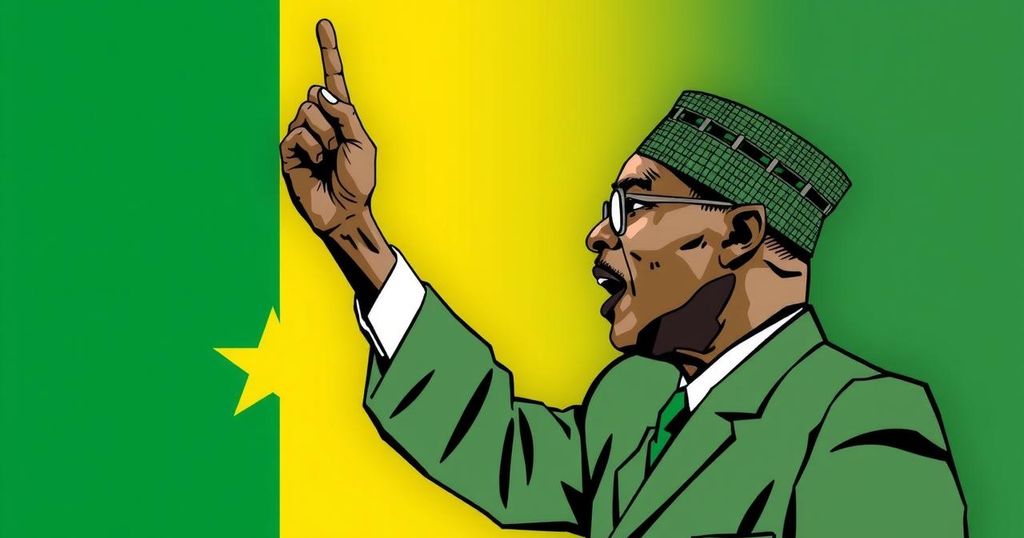Senegal’s Crucial Parliamentary Election: A Test for President Faye’s Reforms

Senegal held a parliamentary election on Sunday to decide whether President Bassirou Diomaye Faye can implement his promised reforms. With more than 7 million voters, the election is crucial as Faye’s party currently lacks a majority. Social unrest and economic challenges underscore the election’s significance, reflecting widespread frustrations among the youth as they seek effective leadership and policy changes.
On Sunday, voters in Senegal participated in a parliamentary election crucial for determining whether President Bassirou Diomaye Faye can implement the comprehensive reforms he promised during his campaign. With over 7 million registered voters selecting 165 lawmakers for the national assembly, Faye’s party currently lacks a majority. Faye, who gained the presidency in March on an anti-establishment platform, previously cited parliamentary opposition as an obstacle to executing significant reforms aimed at combating corruption and ensuring equitable distribution of national resources. The election followed Faye’s dissolution of the opposition-led parliament last September, inciting a snap election against a backdrop of political tension and sporadic violence between party supporters. The results, anticipated by Monday morning, are pivotal for Faye’s political agenda as his party, PASTEF, seeks at least 83 seats to secure dominance in the assembly. The underlying socio-economic challenges in Senegal, particularly among the youth, highlight the urgency of these reforms, as over 60% of the populace is under the age of 25 and faces mounting inflation and issues related to emigration. The election not only tests Faye’s mandate but also reflects broader frustrations within the country’s young demographic, amid a climate of political instability that threatens Senegal’s standing as a beacon of democracy in West Africa.
Senegal holds a significant position in West Africa, being noted for its democratic traditions amidst a regional context of political turmoil, including coups and attempted takeovers. The recent election follows President Faye’s initial victory marked by his anti-establishment rhetoric and commitment to implementing reforms focused on transparency, resource management, and combating inflation. As young constituents grapple with economic hardships, the political dynamics are further strained by recent violent incidents between political factions, underscoring the volatile nature of the electoral landscape. Historical tensions surrounding term limits and previous political imprisonments have also shaped the current electoral scenario, impacting the public’s engagement with the democratic process.
In summary, the recent parliamentary election in Senegal is critical for President Faye’s ability to advance promised reforms aimed at addressing pervasive issues of corruption and resource management amidst a backdrop of youthful unrest and economic challenges. The outcome will determine not only Faye’s legislative leverage but also the political stability of Senegal within a broader context of West African democracy. As tensions escalate among competing political factions, the implications of this election will resonate nationwide as the populace seeks effective governance.
Original Source: apnews.com







